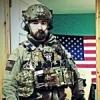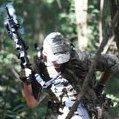Classifieds rule 5 - adverts must have the username and date in photos. Adverts failing rule 5 will be deleted
-
Posts
1155 -
Joined
-
Last visited
-
Days Won
18 -
Feedback
0%






